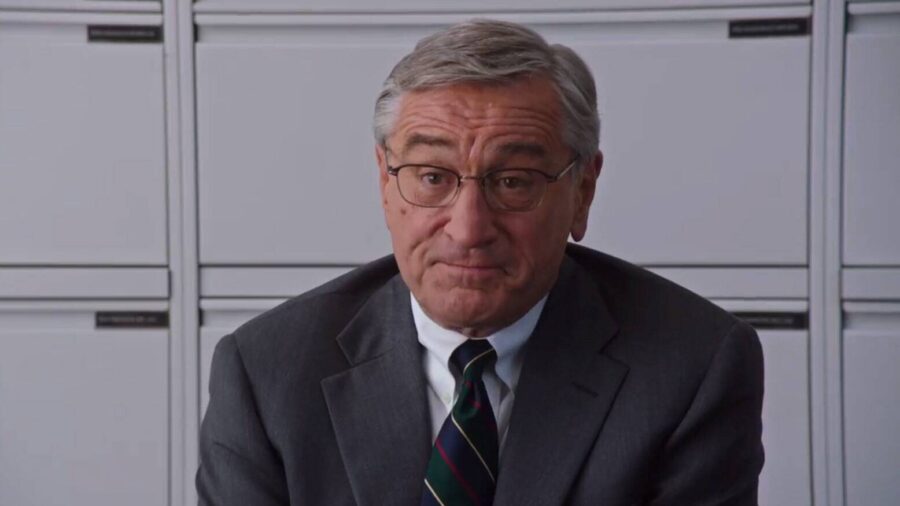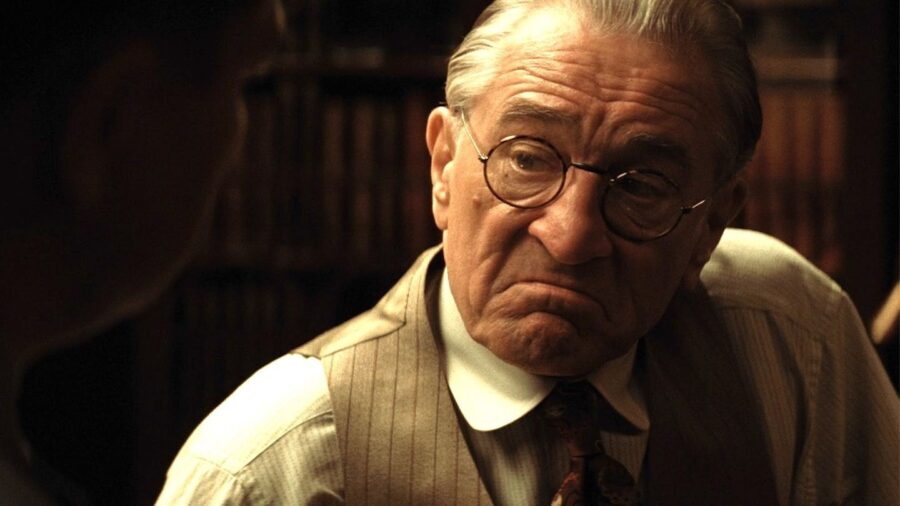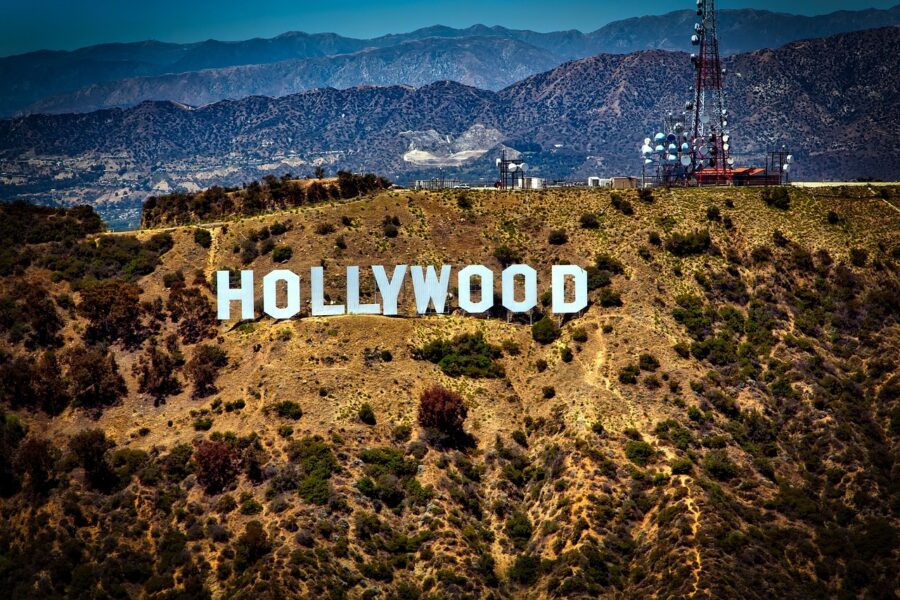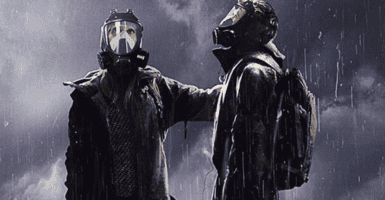Robert De Niro Trial Ends, Here’s The Mixed Final Outcome

In a dramatic conclusion to the highly publicized gender discrimination trial against iconic actor Robert De Niro, a civil jury in New York City found the two-time Oscar winner not liable for gender discrimination and retaliation concerning his former assistant, Graham Chase Robinson. However, according to Deadline, De Niro’s business and personal services company, Canal Productions, was ordered to pay Robinson a substantial $1.2 million in damages.
The Jury Finds De Niro’s Company Guilty

The four-woman, three-man jury deliberated for five hours before delivering the verdict, which left Robert De Niro absolved of the charges but placed the responsibility on his company, Canal. Robinson, who sought $12 million in her original lawsuit, was not found guilty of any financial wrongdoing during her 11-year tenure as De Niro’s assistant.
The Plaintiff Seemed Please With The Results

The atmosphere in the courtroom was tense as the verdict was announced. Robert De Niro was notably absent, but Robinson, present throughout the trial, seemed pleased at the verdict. As the result was read, the former assistant grinned and embraced one of her legal team members. Brent Hannafan, Robinson’s lawyer, stated that his client felt vindicated and emphasized that the jury saw what Robinson had experienced during her employment.
De Niro’s Production Company Ordered To Pay The Victim

While Robert De Niro was not found at fault, the actor’s production company, Canal Productions, was found liable for gender discrimination and retaliation. The verdict resulted in a specific damages award of $632,142.86 for each count. The basis for this amount was not immediately clear, but Hannafan pointed out that it roughly equated to Robinson’s annual salary when she resigned in 2019.
Richard Schoenstein, representing Robert De Niro and Canal, characterized the verdict as a compromise, with the jury viewing the case as a dispute between an employee and her former employer. He suggested that the $1.2 million award might be subject to a reduction in further legal proceedings.
Robinson’s legal team was quick to counter, reiterating that Canal is essentially an extension of Robert De Niro himself, emphasizing that the actor owned the company and had the final say on all matters. Despite De Niro’s testimony that he trusted Canal’s employees, including Robinson, to make decisions on his behalf, the jury found the company responsible for the alleged gender discrimination and retaliation.
Will The Trial Affect Robert De Niro’s Career?

While Robert De Niro was visibly exonerated from the claims, the trial provided a window into the actor’s personal and professional life, unveiling unseemly dynamics between himself and his former assistant. Many fans of the Taxi Driver actor were disappointed to hear the allegations of inappropriate behavior, verbal abuse, and peculiar requests made during Robinson’s employment. As the legal proceedings unfolded over nine days, Robert De Niro vehemently denied these accusations, including claims of unequal pay based on gender.
Lasting Impacts

If there is one benefit of publicized trials involving Hollywood’s elite like Robert De Niro, it’s that the outcome of this trial has far-reaching implications for discussions around workplace dynamics, accountability in high-profile settings, and the blurred lines between individuals and their business entities. As the legal aftermath unfolds, the entertainment industry will undoubtedly continue to scrutinize the fallout from this high-stakes courtroom drama involving one of its most esteemed figures.












